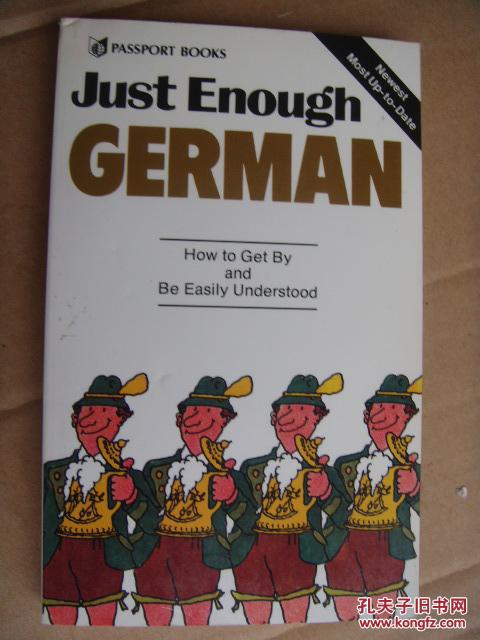Understanding PayPal

PayPal is a widely recognized online payment system that allows individuals and businesses to send and receive money securely. To make money and get paid through PayPal, you need to understand its basic functionalities and how it operates.
Creating a PayPal Account

Before you can start making money and getting paid through PayPal, you need to create an account. Here’s how to do it:
- Go to the PayPal website and click on “Sign Up” or “Register.” Choose the account type that best suits your needs (personal or business).
- Fill in the required information, such as your name, email address, and phone number.
- Set up a password for your account and agree to the terms and conditions.
- Verify your email address by clicking on the link sent to your email inbox.
- Link your bank account or credit/debit card to your PayPal account for easy money transfers.
Receiving Payments

Once your PayPal account is set up, you can start receiving payments. Here are some common ways to get paid through PayPal:
- Online Stores: If you have an online store, you can integrate PayPal as a payment option. Customers can make purchases directly from your website using their PayPal accounts.
- Freelancing Services: As a freelancer, you can provide your PayPal email address to clients for payment. They can send money directly to your account.
- Selling on Marketplaces: Platforms like eBay and Etsy allow you to list your products and receive payments through PayPal.
- Peer-to-Peer Transactions: You can use PayPal to receive payments from friends or family for various reasons, such as selling items or splitting bills.
Setting Up a PayPal Button
One of the most convenient ways to receive payments through PayPal is by setting up a PayPal button on your website or blog. Here’s how to do it:
- Log in to your PayPal account and go to the “Merchants” tab.
- Click on “Create Payment Button” and choose the type of button you want to create (donation, subscription, etc.).
- Enter the details of the payment, such as the amount and description.
- Copy the generated code and paste it into your website’s HTML.
Withdrawing Funds
After receiving payments, you can withdraw your funds to your linked bank account or credit/debit card. Here’s how to do it:
- Log in to your PayPal account and go to the “Withdraw” section.
- Select the account you want to withdraw funds from (bank account or credit/debit card).
- Enter the amount you want to withdraw and click “Continue.”
- Review the transaction details and confirm the withdrawal.
Understanding Fees
PayPal charges fees for certain transactions. Here’s a breakdown of the fees you might encounter:
| Transaction Type | Fee |
|---|---|
| Domestic Transactions | 2.9% + $0.30 per transaction |
| International Transactions | 4.4% + $0.30 per transaction |
| Withdrawals to a Bank Account | $5.95 per withdrawal |
| Withdrawals to a Credit/Debit Card | $1.50 per withdrawal |
Security and Protection
PayPal offers robust security measures to protect your account and transactions. Here are some key features:
- Buyer Protection: PayPal provides a 100% money-back guarantee on eligible purchases.
- Identity Theft Protection: PayPal monitors your account for suspicious activity and alerts you if any issues arise.
- Dispute Resolution: If you encounter a


